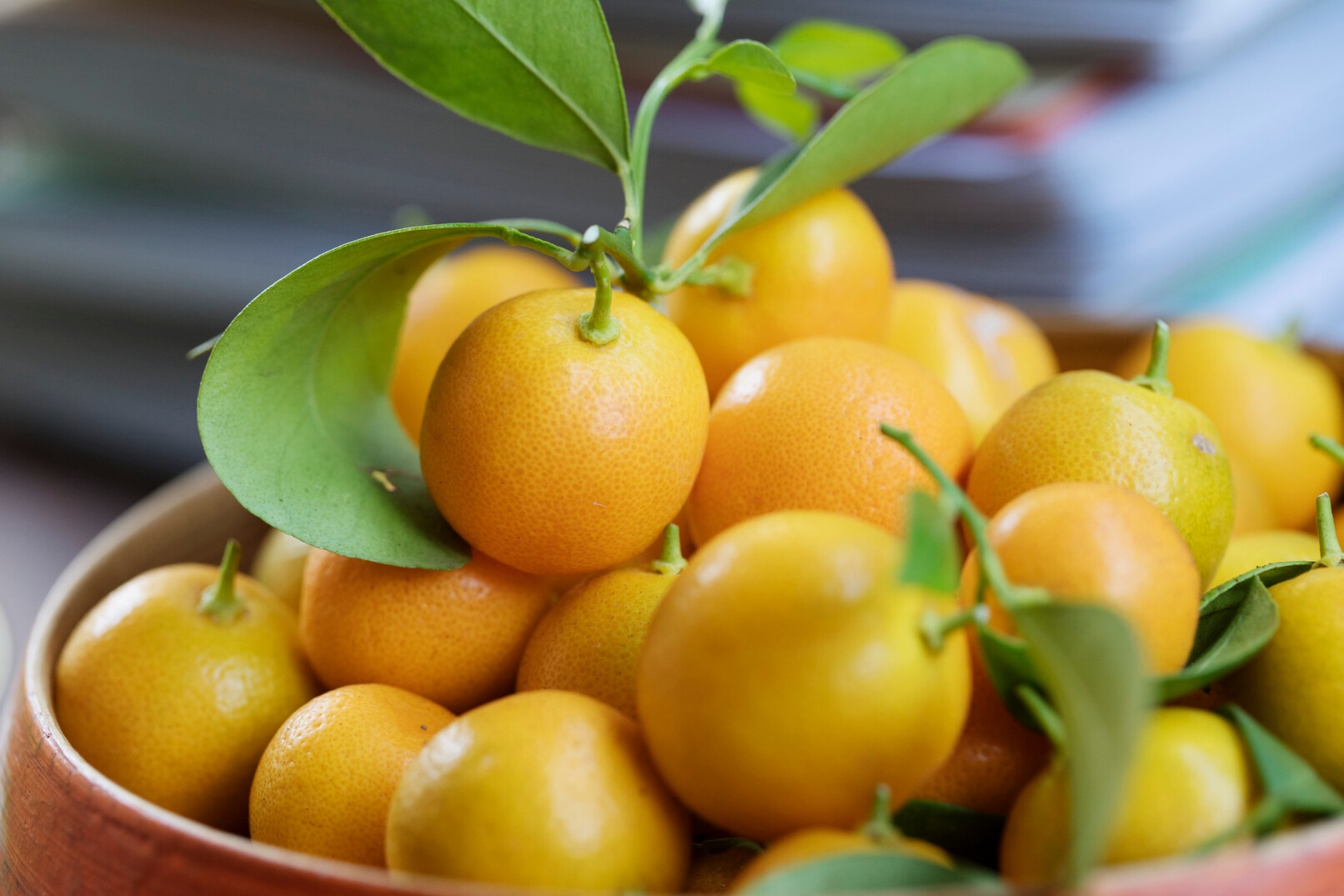Suffering from constipation?
How fluid and fibre can help you manage constipation
A balanced diet is one that includes portions from all the main food groups, so your body gets the nutrients it needs to function properly. However, if you’re suffering from constipation, you might need to pay special attention to fibre and hydration. The combination of a fibre-rich diet and good hydration can increase your bowels’ peristaltic movements and have a positive effect on constipation by altering your stool consistency.
Unlike other food components such as fats and proteins, fibre can’t be digested or absorbed by your body. Instead, it passes relatively intact through your digestive system. This increases the volume of your stool (which in turn stimulates contractions in the colon) and helps your stool to retain water, making it softer and easier to pass.
Be aware that you should increase fibre in your diet gradually over a period of a few weeks. This allows the natural bacteria in your digestive system to adjust to the change. Adding too much fibre too quickly can lead to intestinal gas, abdominal bloating, cramping and diarrhoea.
How much fibre should you eat?
Fibre recommendations can differ based on gender, age, and medical conditions. For many, finding the right amount of fibre will be a process of trial and error. It’s important you discuss any changes in your fibre intake with your healthcare professional.
General recommendations in the UK indicate that an adult should aim to consume 25-30 grams of fibre every day. A fibre intake of below 15 grams per day can be associated with constipation. There is some evidence that, for patients with neurogenic bowel dysfunction, a fibre intake above 20 grams per day can lead to prolonged transit time and worsen constipation*. If you belong to this patient group, it’s important you seek guidance from your healthcare professional regarding the right amount of fibre for you.
Where can you find good fibre?
Fibre is found in food of plant origin such as fruit, vegetables (lentils and peas are especially rich), beans, seeds, wholegrain cereal and grains (wholegrain rice, pasta, bread, oats, and wheat).
Maintain fluid intake
Some types of fibre retain water in your bowel, forming a gel-like material that makes your stool smoother and easier to pass. That’s why it’s important to maintain a sufficient fluid intake when eating a fibre-rich diet.
* Academy of Nutrition and Dietetics; Spinal Cord Injury (SCI) Evidence-Based Nutrition Practice Guideline.
Advice regarding fibre intake may differ if you are following a Biofeedback programme, please consult your HCP before making any alterations.

